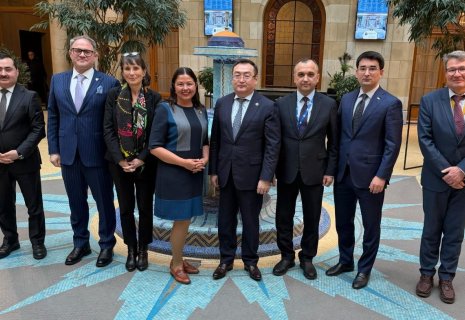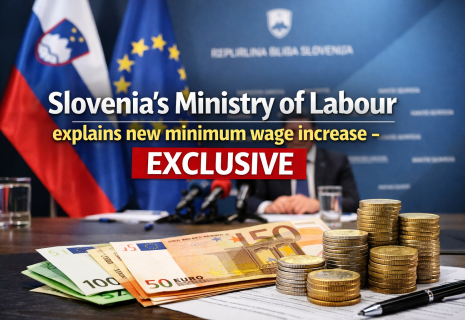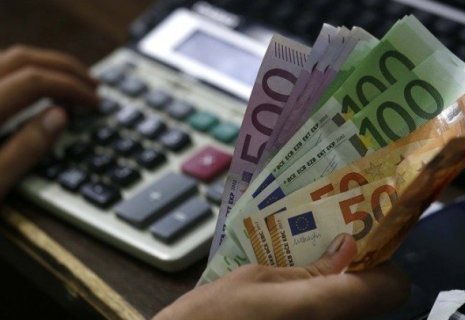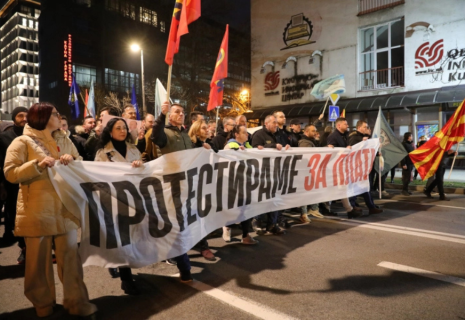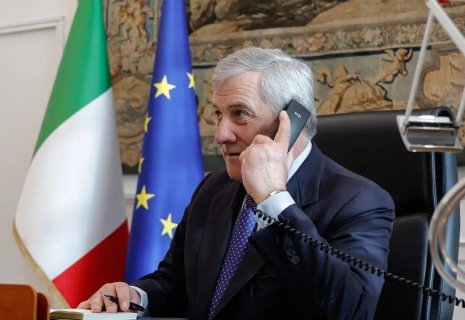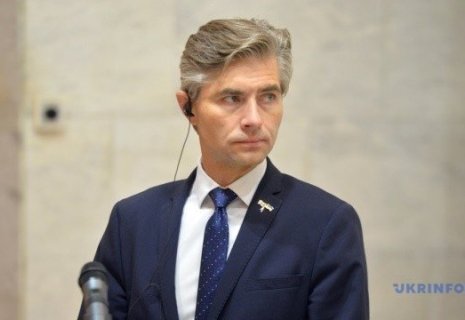
Slovenia’s foreign trade sees dramatic shift
Slovenia's exports totalled EUR 5.77 billion in October, up 17.9% year-on-year, while imports leapt by as much as 81.4% to EUR 8.89 billion, mostly due to increased value of operations involving processing in trade with non-EU countries, the Statistics Office said, CE Report quotes STA.
Slovenia's robust export performance in October marked a significant milestone, reflecting strong demand for Slovenian products on global markets. Key export sectors, including machinery, chemicals, and automotive components, contributed to the positive growth. The increase in exports is seen as a sign of recovery in the global supply chains, as well as the country's competitive position in several high-value industries.
However, the surge in imports has raised concerns about the country's growing trade deficit, which reached EUR 3.12 billion in October. The primary driver of the sharp increase in imports was the higher volume of goods processed in trade with non-EU countries. This category, which involves Slovenia's role as a hub for processing and assembly, has seen a significant rise in the value of goods coming into the country, contributing to the larger import figure.
Economists suggest that while the export growth is encouraging, the imbalance between exports and imports could put pressure on Slovenia's overall trade balance in the short term. Analysts are also closely monitoring the potential long-term effects of the increased reliance on foreign imports for processing purposes, which may reduce Slovenia’s trade surplus in the future.
Despite these challenges, experts remain optimistic about Slovenia's economic outlook, citing the continued strength of its export sectors and its strategic role within European and global supply chains.




